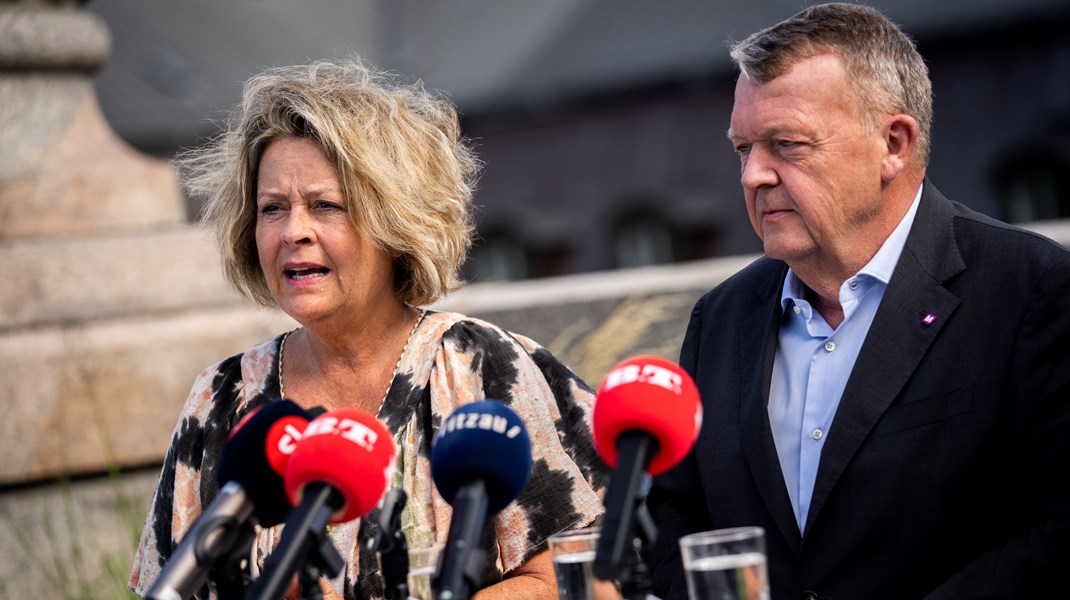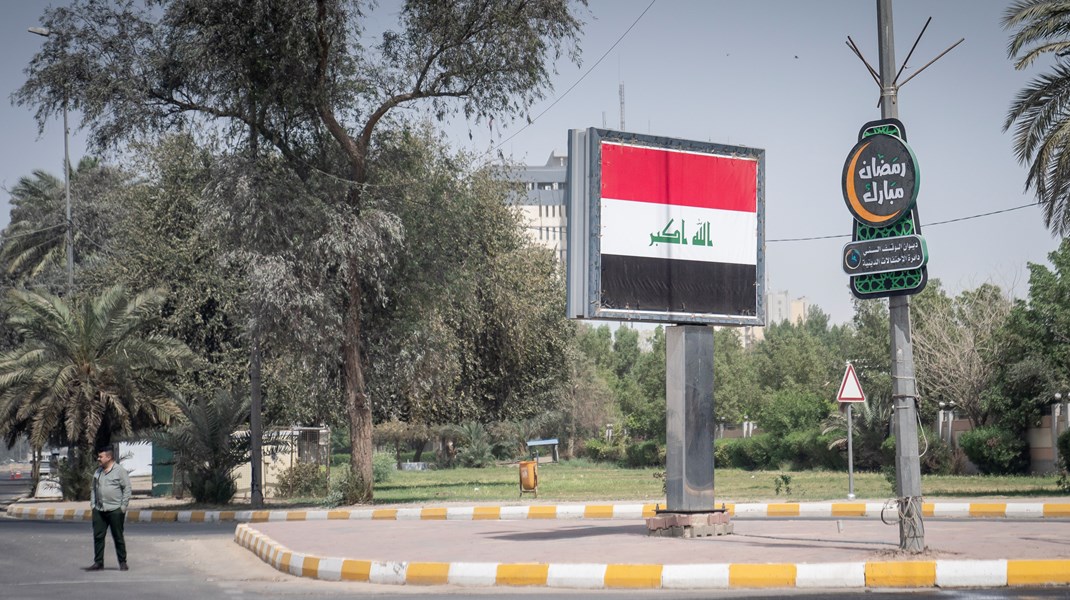East Ghouta: Lack of chronic, pediatric medicines reported as evacuation of civilians continues
AT A GLANCE
389,000 People affected and in need of humanitarian aid
20,000+ People displaced, including more than 5000 children < 5
235 People hospitalized in 5 referral hospitals
>550 Patient consultations per day supported by WHO
13 Heath partners on the ground
SITUATION
Evacuation of civilians continues through Hush Nasri area, East Ghouta as a humanitarian corridor for civilians set up by the Syrian Arab Army and their allies.
The security situation at exit points in remains unpredictable with reported sporadic clashes, exchange of IAF, airstrikes, and significant military ground movement.
Since 11 March, an estimated 20,000 people left East Ghouta. The majority of those leaving are from the Hamouriyeh area, given the fierce fighting and damage to civilian infrastructure.
More than 8000 are housed in Adra shelter, 3700 in Al Dweir shelter and 7500 in Herjelleh shelter and humanitarian needs are rapidly increasing.
The planned joint mission to the evacuation point at Hamouriyeh was postponed due to ongoing hostilities in the area.
Most critical health needs are related to trauma management, immunization, management of noncommunicable diseases, and maternal and child health care.
GAPS/CHALLENGES
Lack of health professionals on the ground; weak coordination among health care providers in the shelters; and limited access to follow up on referred patients for hospitalization.
Focal points on the ground are reporting shortages of chronic and pediatric medicines.
HEALTH SECTOR PRIORITIES
Temporary deployment of mobile medical teams and clinics.
Provide routine vaccination of children to different health facilities.
Support the diagnosis and treatment services by provision of medical equipment and supplies needed for PHC services at health facility or mobile team/clinic.
Build up the partnership aimed to strengthen and improve the emergency referral system to access the secondary and limited tertiary health care services in Damascus and Rural Damascus health facilities
Strengthen the level of preparedness and response for and management of trauma and other types of patients.


